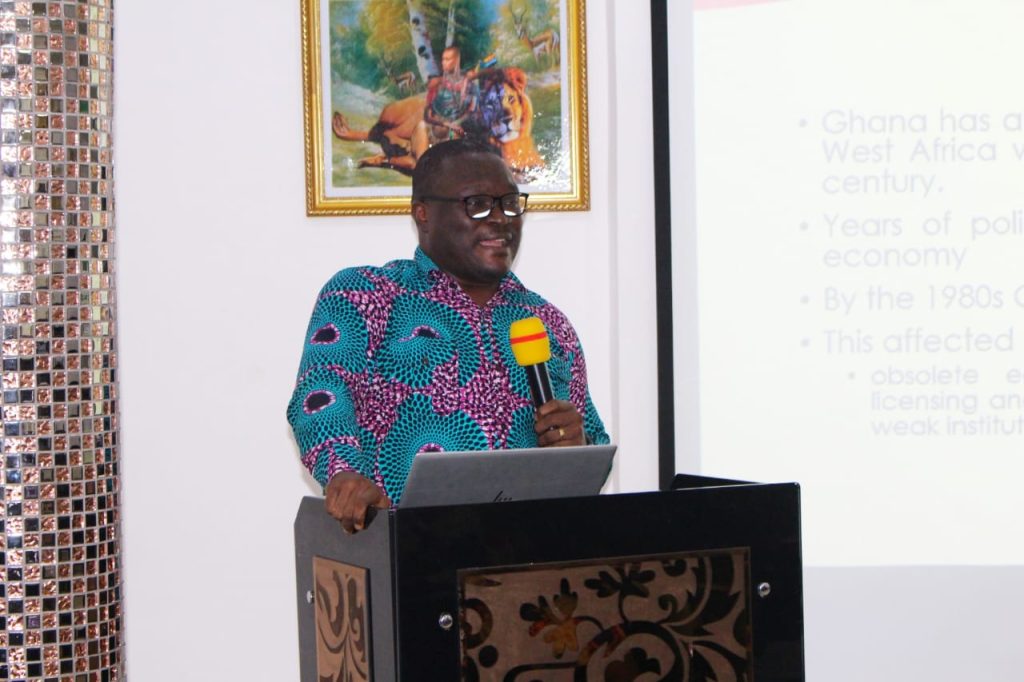By Yussif Ibrahim
Obuasi (Ash), Feb. 20, GNA – A research report which sheds light on the experiences of mining communities in Ghana regarding compensation and resettlement has been launched in Obuasi.
The Center for Social Impact Studies (CeSIS), an Obuasi-based research and advocacy group which conducted the research with support from the Third World Network, sought to investigate the challenges faced by mining communities and to influence policies for communities affected by resettlement.
The extractive sector of Ghana has been a crucial contributor to the country’s economy for several decades, particularly the mining sector, which has played a critical role in revenue mobilization, foreign exchange earnings, and employment creation.
Despite this, multinational gold mining companies operating in mineral-rich developing countries continue to benefit from their activities, while the link between company profits, socioeconomic, and environmental outcomes in the local communities within which they operate remains weak.
Communities lose lands, cultural sites, cultural identity, income-earning assets and sources, networks, and social ties due to resettlement, while also facing challenges such as environmental degradation and human rights abuses.
The 1992 Constitution and the Minerals and Mining Act, 2006, and other regulations, have been enacted to address fair, adequate, and timely payment of compensation claims and resettlements.
However, the current legal and regulatory regime has been criticised for failing to compensate for lands and the use of common resources in communities, leading to a need for further understanding of power dynamics, processes, actions, and community experiences regarding what the law states and what is practiced.
The report, which was validated by the communities reveals that compensation and resettlement are among the most common issues raised by mining communities in Ghana.
It also highlights the need for continued efforts to promote responsible mining practices and to ensure that the interests of affected communities are prioritised.
Mr Robert Ali Tanti, the Executive Director of CeSIS said the research was conducted in the Ashanti and Ahafo Regions, with Obuasi being the focus area due to its status as the city with the most mining activities in the Ashanti Region.

He disclosed that three communities were selected for the research, including Anhwiem, a community seeking resettlement; Dokyiwaa, a recently resettled community; and Bediem, a community resettled in 1996, with the goal of influencing policies for communities affected by resettlement and helping those who have been affected by such policies.
The research was also aimed at assisting communities to build capacity to negotiate better with the findings, he noted.
He emphasised that people and communities who were resettled should have a better life than their previous location, but most people affected by resettlement were not satisfied with their new location and environment.
The participants at the launch appreciated the importance of organisations like CeSIS in promoting responsible mining practices and ensuring that the voices of affected communities were heard.
They were pleased by the platform provided for stakeholders to engage and share their experiences and praised CeSIS for its critical role in promoting greater transparency, accountability, and equitable distribution of benefits in the mining sector.
GNA